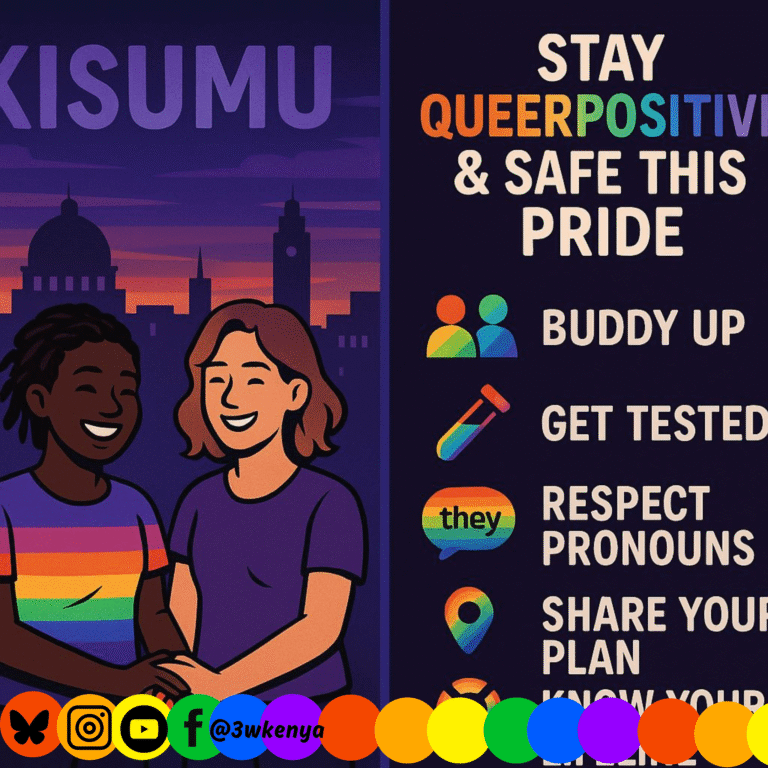Focusing on Social Wellness
Wellness is an active process of becoming aware of and making choices toward a healthy and fulfilling life. Wellness is more than being free from illness, it is a dynamic process of change and growth.
“…a state of complete physical, mental, and social well-being, and not merely the absence of disease or infirmity.”
– The World Health Organization
Social wellness involves openly communicating needs, feelings, thoughts, and desires to those we trust, and actively listening with empathy when they share with us. It involves engaging in and enjoying positive interactions with other people in work and leisure and building and maintaining meaningful friendships, intimate relationships, and professional connections. Social connectedness has been identified as a pivotal concept in approaches to mental health promotion and core to wellbeing
Maintaining an optimal level of social wellness allows you to build healthy relationships with others. Having a supportive social network allows you to develop assertive skills and become comfortable with who you are in social situations. Surrounding yourself with a positive social network increases your self-esteem. Social wellness enables you to create boundaries that encourage communication, trust and conflict management. Having good social wellness is critical to building emotional resilience.
Signs of Social Wellness
- Development of assertiveness skills not passive or aggressive ones.
- Balancing social and personal time.
- The ability to be who you are in all situations.
- Becoming engaged with other people in your community.
- Valuing diversity and treating others with respect.
- Continually being able to maintain and develop friendships and social networks.
- The ability to create boundaries within relationship boundaries that encourage communication, trust and conflict management.
- Remembering to have fun.
- Having a supportive network of family and friends.
How do you cultivate your habits of social wellness? Here are some few guidelines:
Practice Self-Care. Finding balance in life can be difficult at times, and we are much more prepared to deal with obstacles if we are in a good habit of practicing self-care. Self-care embraces basic needs such as getting enough sleep, bathing and brushing your teeth, eating healthy, exercising regularly and avoiding negative coping mechanisms like smoking or over-drinking.
It also includes using positive coping skills to manage stress, self-soothe and relax through fulfilling or creative outlets like hobbies, crafts, art, sports activities, hiking, dancing, and social interactions with friends. You may also choose to engage in activities that nurture you emotionally, mentally, or spiritually, such as meditation, yoga, therapy, journaling, taking classes in areas of interest, spiritual retreats or attending religious services.
Know Thyself. Get to know yourself—identify your needs, preferences, and values and communicate them to the people around you. Knowing who you are, who you want to be and where your boundaries lie supports you to engage in positive relationships with people who have similar interests and values and can relate to you while encouraging your growth.
Don’t Criticize, Judge or Blame. People can easily get caught up in self-critical thinking, which perpetuates low self-esteem, contributes to depression and anxiety, and inhibits social interaction. No one wants to be judged, criticized or blamed, and if those dynamics are present, it can indicate an unhealthy, and potentially abusive, relationship.
Own Up to Your Part. In every relationship, there are two people involved and each contributes to any situation that comes up, whether positive or negative. Take responsibility for yourself in disagreements or conflict by using “I” language and don’t push all the blame onto the other person. When an individual argues for the sake of being “right” rather than trying to understand the other side, the other person may feel invalidated or unheard. This can result in resentment, further conflict and the eventual end of the relationship.
Rekindle old friendships and nurture relationships with people who are respectful, positive and supportive. No human being is perfect. Everyone gets caught up in the challenges of daily life at times, and rekindling old relationships that have been positive ones in the past is a great way to strengthen your social support system. Maintaining friendships with individuals who respect, love and accept you for who you are is crucial to our social wellness.
Don’t be a flake! Be mindful of the commitments you make and keep them. Know your limitations and don’t spread yourself too thin. Before making a commitment, be sure that you can realistically meet that expectation, taking into account and prior commitments and self-care.
Appreciate Yourself and Others. Giving more energy to positives than negatives helps to keep us happier, healthier, and more hopeful. Regularly acknowledging the positive qualities, you see in yourself and paying genuine compliments to others you care about feels good all the way around. The power of positive thinking can go a long way!
Maintaining an optimal level of wellness is absolutely crucial to live a higher quality of life. Wellness matters. Wellness matters because everything we do and every emotion we feel relates to our well-being. In turn, our well-being directly affects our actions and emotions. It’s an ongoing circle. Therefore, it is important for everyone to achieve optimal wellness in order to subdue stress, reduce the risk of illness and ensure positive interactions.



